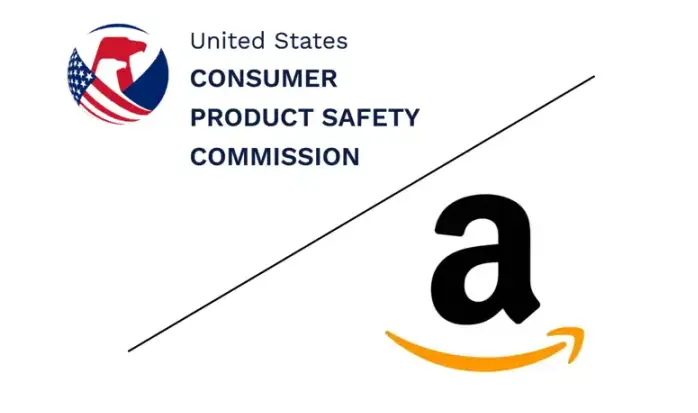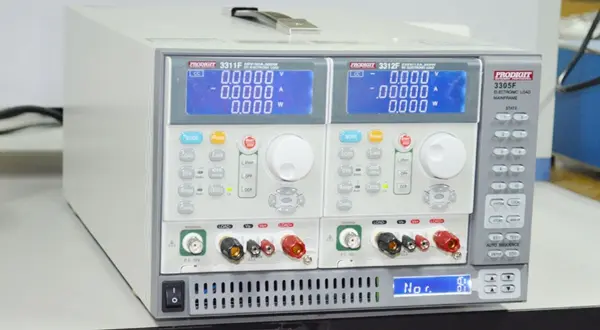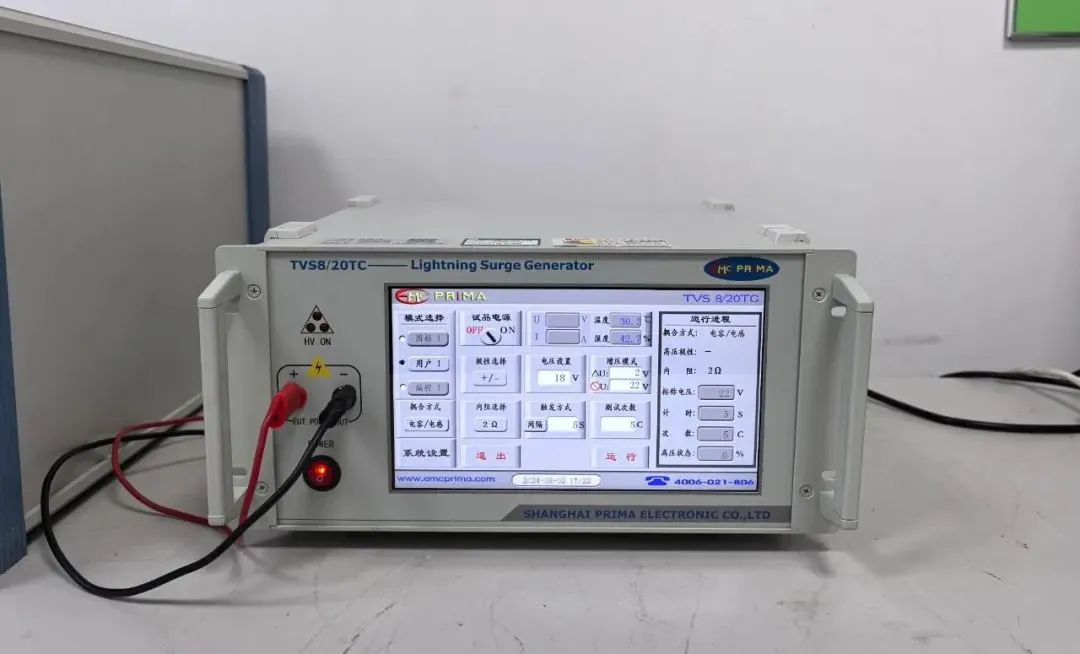
What is ASTM F963?
Safety is the fundamental concern for U.S. manufacturers and importers at every stage of toy production. It makes sense to implement strict standards for the U.S. toy industry, which is why toys are one of the safest products in American households.
ASTM F963, also known as the Toy Safety Standard, is the most important toy safety standard in the U.S. and one of the most influential internationally. This standard is voluntary and non-mandatory. While it is a voluntary standard, toys that do not meet ASTM F963 cannot enter the U.S. market in practice.

ASTM F963 was established in accordance with mandatory requirements set by U.S. federal regULations. Generally speaking, the standard's content fully encompasses the relevant technical requirements of CPSC 16CFR. If a manufacturer ensures that their product meets the ASTM F963 requirements, they are effectively meeting the technical requirements of CPSC 16CFR. However, to ensure compliance with CPSC 16CFR, toy manufacturers must stay up to date on CPSC 16CFR's requirements and any changes to them while ensuring their products meet ASTM F963 standards, thus ensuring compliance with U.S. laws.
The main technical requirements of ASTM F963 include mechanical and physical safety, flammability, cheMICal toxicity, and electrical safety.
1. ASTM F963-1: Physical and mechanical performance testing
2. ASTM F963-2: Flammability testing
3. ASTM F963-3: Testing for eight heavy metals and total lead content
Understanding the U.S. Certification Process
Toys designed for children 12 years old or younger must be tested according to ASTM F963 standards before they can be sold in the U.S. The company that manufactures or imports the toy must have the product tested by a lab accREDited by the U.S. Consumer Product Safety Commission (CPSC).
Once a CPSC-approved lab confirms that the toy meets the requirements, the responsible company must issue a Children’s Product Certificate (CPC), which must be submitted to the retailer with each batch of products and, upon request, to the CPSC.
Your CPC should include the following information:
- All required CPSC product safety rules
- Manufacturer or importer information
- Contact information for the person who maintains testing records
- Country of origin of the product
- Information about any third-party CPSC-accredited labs used during the certification process
Steps to arrange testing:
1. Fill out the application form (including the applicant's name, address, sample name, and model). The application form can be obtained from Senbo Testing's customer service.
2. Prepare 2 sets of sample products for testing.
3. Send the samples for testing.
4. Once the test results are satisfactory, a report will be generated.
5. Complete the testing process.
Email:hello@jjrlab.com
Write your message here and send it to us
 What is IEC 62052 for Electrical Energy Measuring
What is IEC 62052 for Electrical Energy Measuring
 Australia LoRa Band 915-928 MHz RCM Compliance
Australia LoRa Band 915-928 MHz RCM Compliance
 What Are the Compliance Certifications for VHF Pro
What Are the Compliance Certifications for VHF Pro
 Which Products Require WERCS Registration?
Which Products Require WERCS Registration?
 Dustproof and Waterproof Ratings IP 54 / IP65 / IP
Dustproof and Waterproof Ratings IP 54 / IP65 / IP
 SAR Standard Testing under the EU CE-RED Directive
SAR Standard Testing under the EU CE-RED Directive
 Differences Between the Three EU Directives: LVD,
Differences Between the Three EU Directives: LVD,
 How to get CE Marking Certification?
How to get CE Marking Certification?
Leave us a message
24-hour online customer service at any time to respond, so that you worry!




